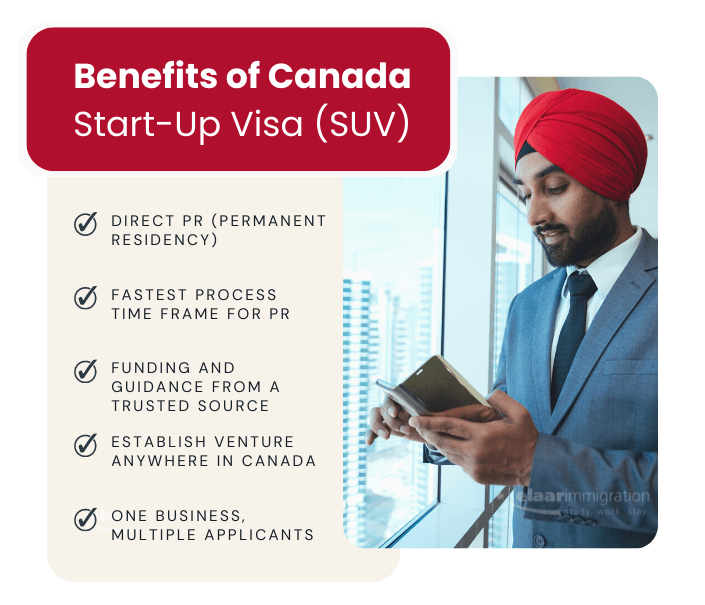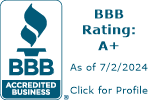Canada Startup Visa Program: A Direct PR Pathway for Entrepreneurs
Are you an aspiring entrepreneur who dreams of obtaining permanent residency in Canada but keeps hearing contradicting information? Let’s clear up those misunderstandings and give you the expert advice you need for a successful journey with the Canada Start-Up Visa program.








